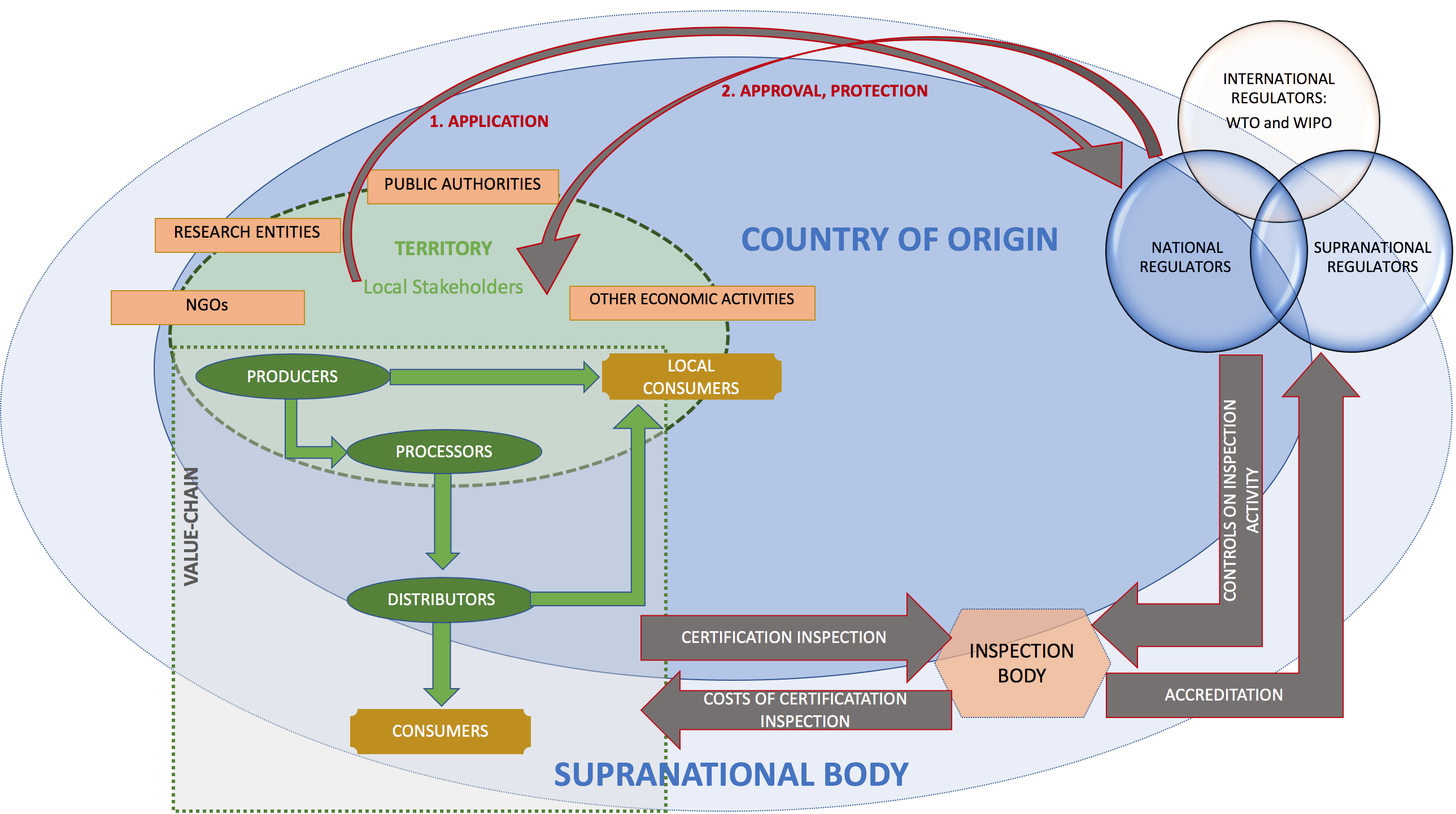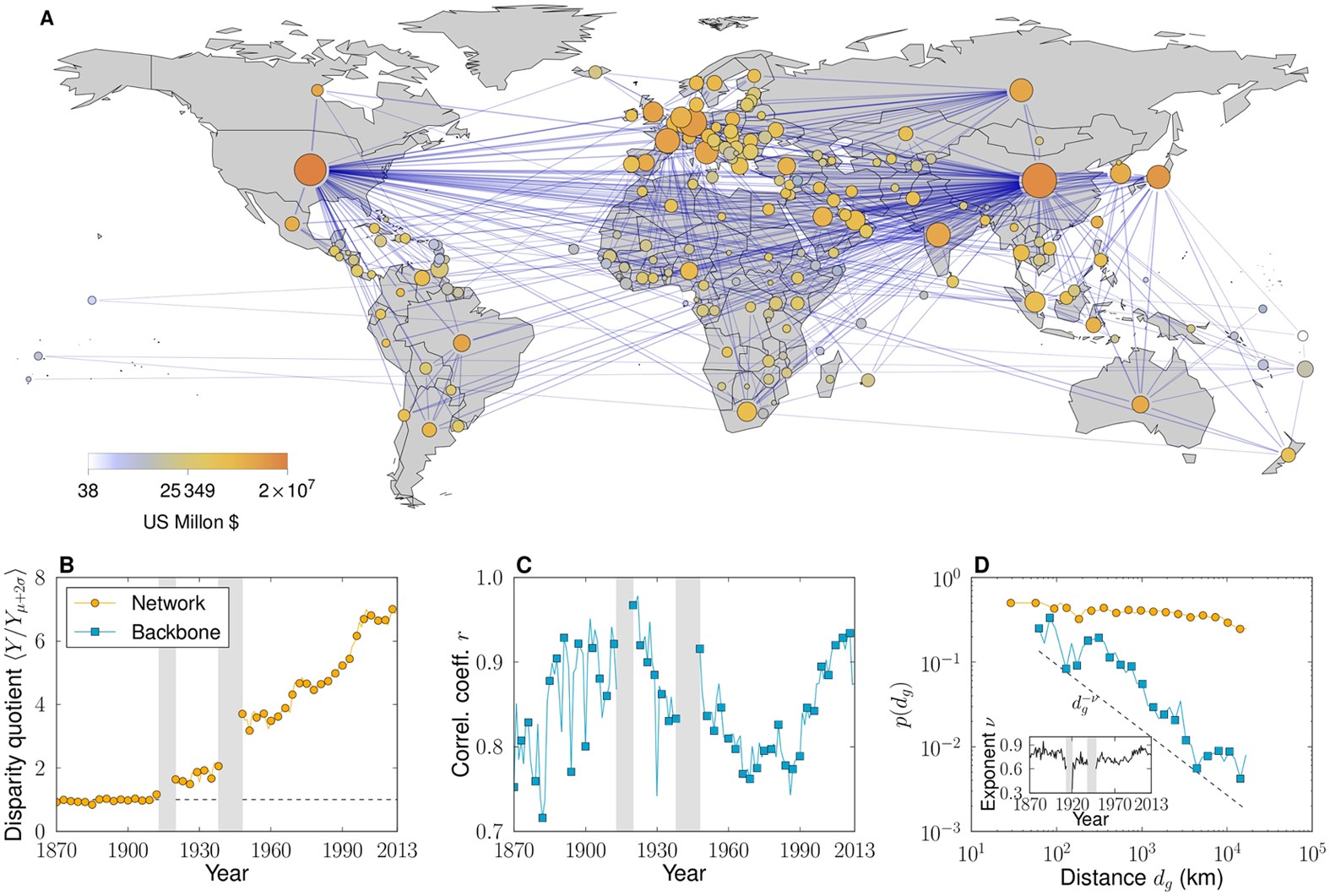Does Geography Matter In International Trade? Exploring Trade Trends
Paul Krugman – International Trade And New Geographic Economy
Keywords searched by users: Does geography matter in international trade
How Does Geography Affect Trade?
The relationship between geography and trade is fundamentally interconnected, as the geographical characteristics of an area play a pivotal role in shaping its economic activities. Geography exerts a significant influence on trade by facilitating or hindering the movement of goods and services. For instance, geographical features such as mountains, deserts, and bodies of water have a direct impact on transportation routes, affecting how people can access and exchange goods over long distances. This close relationship between geography and trade underscores the critical role that geographical factors play in determining the patterns and dynamics of economic interactions. [Date: November 10, 2021]
What Is International Trade In Geography?
International trade in geography refers to the intricate process of exchanging goods and services between different countries, transcending their national boundaries. To appreciate the evolution of international trade, it’s crucial to recognize that the barter system was its primitive precursor. In this early system, goods were directly exchanged without the need for currency, reflecting the simplicity of early societies. This exchange method laid the foundation for the complex global trade networks we see today, where currencies, tariffs, and trade agreements play pivotal roles in facilitating international commerce.
Why Is Trade Important In Geography?
Trade plays a pivotal role in the realm of geography due to its multifaceted impact on economic development and global dynamics. While trade is generally regarded as a catalyst for progress, it can also yield detrimental consequences when characterized by inequitable terms, distorted pricing structures, or the exchange of goods with varying intrinsic values. Notably, the distribution of profits stemming from global trade predominantly favors businesses and individuals situated within economically advanced nations. This dual nature of trade, both as an engine for growth and a potential source of inequality, underscores its critical significance in the field of geography. Geographers scrutinize trade patterns, examining not only their economic implications but also their influence on geopolitics, resource distribution, and environmental sustainability, shedding light on the complex interplay between nations and their interconnected trade networks. In essence, the study of trade within geography provides valuable insights into the multifaceted forces shaping our global landscape.
Update 31 Does geography matter in international trade


:max_bytes(150000):strip_icc()/trade-79a88bd8b8af4270a717a25d996b9a9f.jpg)


:max_bytes(150000):strip_icc()/globalization-7a32d360eee84693ae791eb15d0b2620.png)
Categories: Update 48 Does Geography Matter In International Trade
See more here: thichnaunuong.com

In conclusion, geography plays a crucial role in determining trade patterns. Factors such as distance, terrain, climate, and natural resources affect the types of goods traded, the routes used, and the methods of transportation.Geography and economy are closely tied together because transport makes trade with widespread areas possible. This is because geographical features include mountains, deserts, and water, which directly impact the movement of people and thus the movement of trade.International trade is the exchange of goods and services among countries across national borders. Barter system was an initial form of trade practiced by the primitive societies. In the barter system, goods were exchanged directly (no money were required).
Learn more about the topic Does geography matter in international trade.
- How Does Geography Affect Trade? Understanding the …
- How Geographical Features Impact Economic Activity – Study.com
- Geography World – International Trade – Tutorialspoint
- Trade and development – geography myp/gcse/dp
- Geography Class 12: International Trade – UPSC – Unacademy
- How Geography Affects Economy: Understanding the Relationship
See more: blog https://thichnaunuong.com/architecture